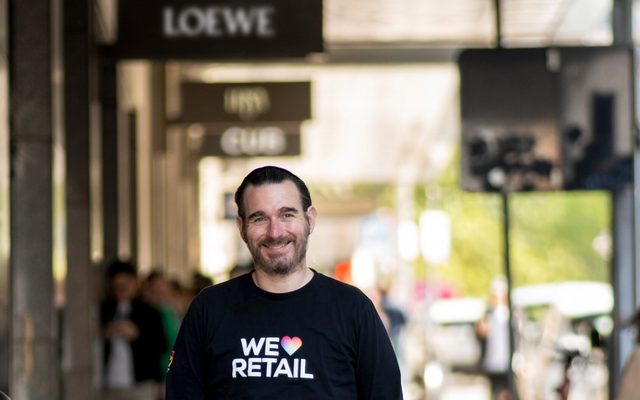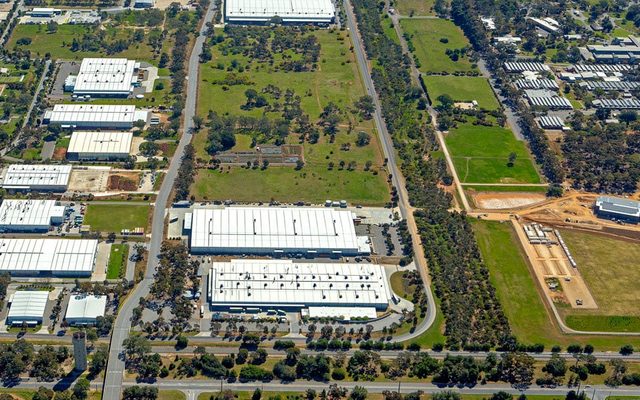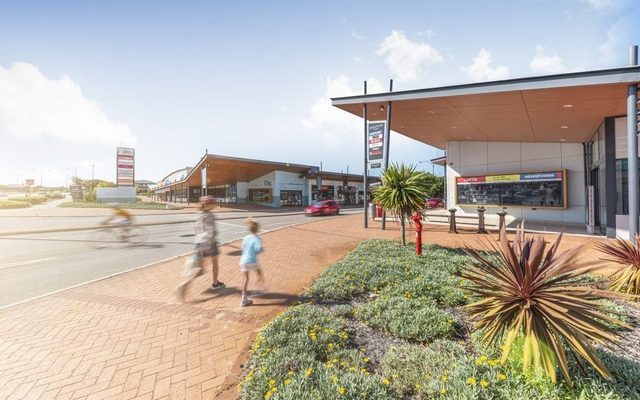This article is from the Australian Property Journal archive
CHARTER Hall Retail REIT (CQR)’s portfolio of service stations and supermarket-anchored convenience centres has it better positioned to face macro headwinds, analysts say, as the trust posted an increase in operating earnings and distributions growth in FY23.
However, statutory profit plunged 94.3% to $37.8 million.
Operating earnings lifted 1.5% on FY22 to $166.9 million, and by 1.1% on a per unit basis to 28.71c.
Distributions grew 5.3% to 25.8c per unit.
CQR expects FY24 operating earnings to be about 27.4c per unit, and the distribution payout ratio range is expected to be 90 to 95% of operating earnings.
Despite the solid result, CQR’s portfolio had $16 million, or 0.4% shaved off its worth after 97% was independently revalued. The total portfolio cap rate moved from 5.20% to 5.57%; this included the shopping centre convenience retail portfolio cap rate moving from 5.45% to 5.81% and the long weighted average lease expiry (WALE) convenience retail portfolio cap rate moving from 4.33% to 4.83%.
Charter Hall Retail CEO Ben Ellis said that with 59% of portfolio income growth linked to inflation, the portfolio proved its defensiveness as income growth largely offset cap rate movements and experienced a very modest decline in book values.
“Looking forward, the quality of our portfolio along with the strong sales growth of our tenants and the resilient nature of CQR’s assets will see them continue to deliver income growth and support valuations despite a more subdued economic environment,” said Ellis.
CQR struck 420 specialty leases at an average spread of 2.5%. More than two-thirds of supermarkets in the convenience retail portfolio are paying turnover rent, and supermarkets across the portfolio delivered 4.3% MAT growth. Shopping centre portfolio occupancy inched upwards to 98.6%.
“Positive leasing spreads, high occupancy levels and MAT growth are expected to continue. Portfolio income is expected to benefit from direct and indirect inflation-linked rental growth, which will also underpin asset values,” the trust said.
During the period, CQR picked up a portfolio of 18 Gull service stations in New Zealand in a $58.1 million sale and leaseback deal, struck on a core cap rate of 6.40% and with a 15-year weighted average lease expiry (WALE), and followed that up with the acquisition of a 49% interest in a portfolio of 51 convenience retail properties leased to Z Energy Limited in New Zealand for $118 million – shortly after Z Energy’s acquisition by Ampol – at 5.50% and a with 15.3-year WALE.
At the same time, CQR divested its 52% interest in the Coles distribution centre in Adelaide at book value, with the $95.1 million proceeds from the sale used to fund the Z Energy portfolio acquisition. This generated an IRR for CQR unitholders of 29.4%.
Last month, it sold out of Adelaide sub-regional retail centre Brickworks Marketplace in an $85 million, at a 6.1% premium to book value.
CQR also made a $61 million investment in the Long WALE Investment Partnership 2 (LWIP2) portfolio of 11 Endeavour Group-leased pubs.
Saranga Ranasinghe, vice president, Moody’s Investors Service said CQR’s results are credit positive, and “highlight the resilience of its portfolio of convenience-focused retail assets”.
Ranasinghe noted a strong leasing track record, high occupancy levels and continued positive specialty leasing spreads.
“We expect non-discretionary retail to withstand challenging retail conditions. CQR’s specialty tenants tend to trade in categories that are less discretionary than the portfolios of other rated REITs and are thus better positioned to face macro headwinds impacting consumer sentiment and discretionary spending.”
Net tangible assets per unit was $4.73.
CQR had a portfolio look-through gearing of 34.0% and balance sheet gearing of 29.0%
Weighted average debt maturity of 4.0 years and 70% interest rate hedging for FY24. Available was liquidity of $239 million.




